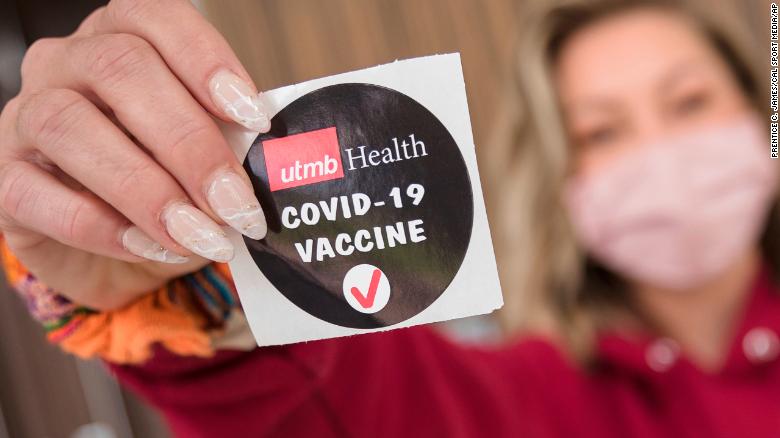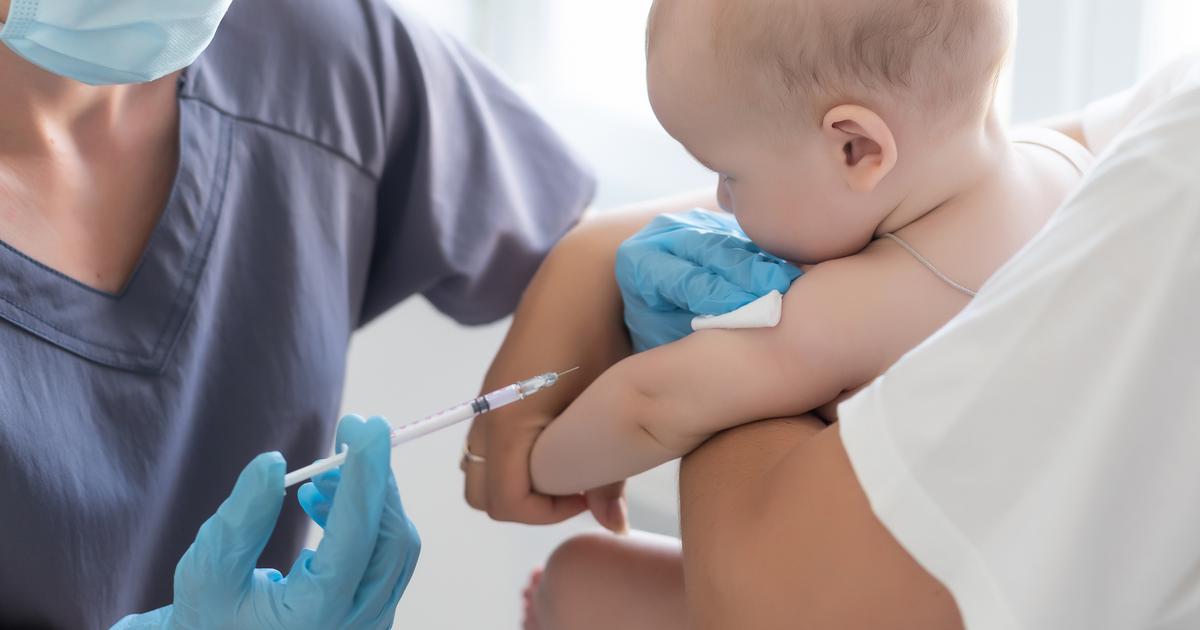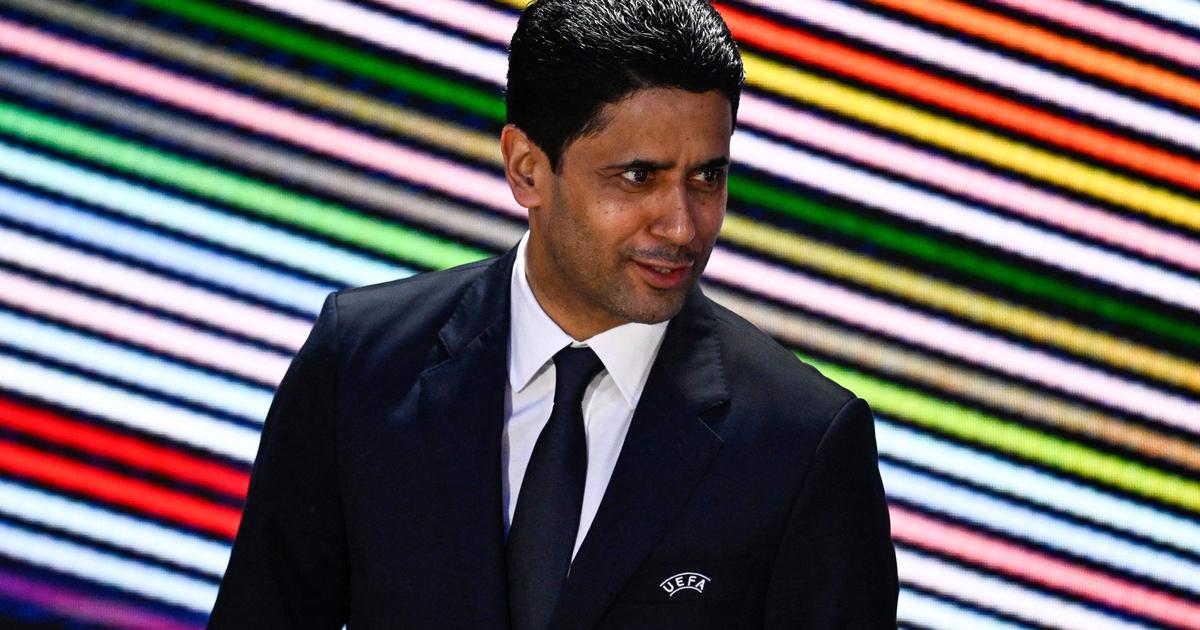The political debate regarding the vaccination passport 2:53
(CNN) -
I happily posted my selfie with a "I got my covid-19 vaccine" sticker on social media after my vaccination, excited to fulfill my civic duty to protect my family and community and to normalize the process to those who look more cautiously.
“How did you rate?” Someone asked me boldly in the comments on my networks, unleashing what would become the first in a series of shady touchpoints where sharing my vaccine status opened me up to scrutiny and possible judgment.
Whose matter was it if I had a comorbidity or special circumstances that qualified me to get the vaccine?
What responsibility did I have to let others know that I did not cut the line without sharing personal data?
I was concerned about who to tell at work, if anyone, and what the implications might be.
Would they pressure me to go to the office before I feel comfortable doing it?
Would you call me to work on higher risk projects or tasks instead of colleagues who are not vaccinated or who have not shared their status?
The more people I talked to, the more I realized that sharing my vaccine status is a trickier topic than I had imagined.
What else had I missed in my rush to share my status?
Maybe I shouldn't have shared it so quickly.
advertising
The countries with the most doses applied in Latin America 3:08
Social pressures are real
We know that posting images of your vaccination card, showing your name, the type or batch of vaccine you received and, in some cases, medical details, should not be done.
But what about telling your friends, family or employers, or sharing on social media that you are vaccinated?
Sharing your vaccination status with friends and family and on social media can mean a great deal of support, and it can also mean unwanted scrutiny, questions, or even backlash.
That is what I experienced.
There are also concerns around social life.
Sharing your status could mean unwanted social pressures to hang out when you don't feel comfortable coming back to life before COVID-19.
Some who qualified for the vaccine earlier than others worry about jealousy or judgment from friends or acquaintances if they reveal their status.
“We debated whether to post vaccine selfies, because our comorbidities allowed us to get it before some friends who are also eager to get it.
Since not everyone could get it at once, I felt relief and guilt at the same time, because I knew so many others were waiting, ”said Courtney Finnerty, a stay-at-home mom in Rochester, New York.
Finnerty ended up sharing his vaccine status to help normalize the process for others.
This is how the pandemic and teleworking have an impact on business 1:33
The work and the decision to disclose the vaccination
While the Americans with Disabilities Act protects employees from having their employers share their immunization status with others, "your employer may have the right to information about your immunization status," said Margaret Riley, a professor at the University of Virginia, who teaches food and medicine law, health law, bioethics and public health law.
That is especially true if not being vaccinated poses a particular threat to others;
for example, restaurant workers, teachers who instruct students in person, and health care workers in medical facilities.
Some are concerned that their employers may force them to return to the office before they feel safe returning if they share their immunization status.
"I admit I'm quite anxious because that means my job will get me back in the office sooner," said a friend who works in publications in New York City and was afraid of being identified due to a possible backlash from the employer. who has not particularly supported employees during the pandemic.
Others worry that sharing their vaccine status could become politicized and cost them business.
"It's complicated.
Speaking from a business owner and monetary perspective, being vaccinated means I don't need to pass on the cost of my ongoing COVID-19 testing to my clients, ”said Heather Gold Casto, chef and events provider who works in the Hudson Valley of New York who was recently vaccinated and must undergo regular covid-19 testing.
"But also, it could prevent potential clients from hiring me based on a difference of opinion about the vaccine," he said.
“It is something like not talking about politics.
I would like to hire clients based on my skills, not my beliefs.
More specifically, I don't want to be ignored for my beliefs.
"Workplaces and companies will likely treat people who have not been vaccinated and people who refuse to disclose whether they have been vaccinated in the same way, telling them that they cannot participate in certain activities," said Kayte Spector-Bagdady. , an attorney and bioethicist who works as associate director at the Center for Bioethics and Social Sciences in Medicine and as an assistant professor of obstetrics and gynecology at the University of Michigan School of Medicine.
That could include things like dining at restaurants or attending movies or shows at theaters or other indoor cultural events.
Some countries want to establish a "covid passport" for people vaccinated against covid-19.
These are their proposals
They sell fake vaccines and vaccination cards on the 'dark web' 0:48
What happens if you are required to disclose your immunization status?
«Should you share your vaccination status with someone?
It would all depend on the context of the situation, ”Riley said.
Some employers may request your status to protect other employees or patients, students, or customers who want or need to visit them.
What if you refuse to reveal its status?
"In theory, you can always refuse to reveal that you have been vaccinated, but it could come at a high cost, such as not being able to go to the doctor's office, work in person or travel," Spector-Bagdady said.
"Since there are no official vaccine passports, there is no real way they can be sure that someone is telling the truth," Riley said.
We've been here before
Recent "share your status" sayings evoke similar phrases about another virus that has been around for a few more decades and has a heavy associated stigma: HIV / AIDS.
It remains a highly charged topic if someone who is HIV positive is comfortable in any number of circles or settings disclosing their status.
It also rings true more recently for those who might not be HIV positive and are taking PrEP, or pre-exposure prophylaxis, to avoid contracting the virus, or those who have an undetectable and untransmittable viral load (often referred to as U = U).
"I think the reason there is a backlash against sharing vaccine status is similar to PrEP and U = U for the past 10 years," said Damon Jacobs, a marriage and family therapist who lives in New York City and who has worked with the LGBTQ and HIV-AIDS Community.
"In this culture we are taught to react to perceptions of scarcity with suspicion and attack," said Jacobs.
"Instead of practicing the idea of 'competition', or joy at the joy of another person, we are conditioned to respond to joy and success with: 'You should not feel good when I do not feel good.'
This sets up an unpleasant cycle of blame-attack-separation separation, which ultimately fuels our epidemic of alienation and loneliness. '
A positive way to consider whether or not to share, Jacobs said, is to lean into the moment and consider sharing your state as a way to open up and create a more inclusive and loving environment that helps others feel safe to do the same.
Do you want to laminate your vaccination card?
Think twice
The decision is personal
It can be helpful to first recognize that whatever you decide in terms of sharing your vaccine status is probably a temporary scenario.
Americans 16 and older became eligible for the vaccine as of April 19.
In a few months, it is to be expected that many more people will be vaccinated.
Until the general adult population catches up, many who had a head start may find themselves in this vaccine purgatory, where specific eligibility allowed some to gain access to vaccines for reasons that are not always publicly clear. That means that two people in the same age group or location may not have qualified at the same time. This can leave those who got vaccinated earlier than the vast majority feeling a paradox of relief and gratitude, but also guilt and worry.
"Whether you have been vaccinated or not is your own private medical information," Spector-Bagdady said.
“Places like hospitals or your doctor generally cannot share that information without your written permission.
But there are likely to be increasing circumstances when you want to share your vaccine status.
A small gathering of friends, for example, might want to share the status of the vaccine to ease any anxiety people may have.
Reality check
The truth is that covid-19 does not magically disappear when you get vaccinated, so we should not treat this milestone as the beginning and the end of everything, both in the way we assume that others might be eligible to access the vaccine and how they decide to share the news.
“The vaccine has been touted as our ticket back to a 'normal' society.
However, many people are eager to return to a 'normal' society, probably because that idea is simply not possible, ”said Alexandra Lo Re, a clinical social worker based in Oyster Bay, New York.
"We will never return to a world where Covid-19 does not exist."
Sharing the status of your vaccine is more charged than you might have considered, but the truth is that we are all finding out as we go.
There is no playbook, there is no holy grail.
There is no right or wrong answer when it comes to how you should or should not share your immunization status.
You know your circumstances better than anyone and are better prepared to decide if you feel comfortable sharing with whom and when.
Get comfortable with the fact that you are not alone as you navigate this new terrain full of questions and uncertainty.
Also, if you received the vaccine, you have already made the most important decision.
- Allison Hope is a writer and native of New York who prefers humor to sadness, trips to television and coffee to sleep.
Coronavirus Vaccine









